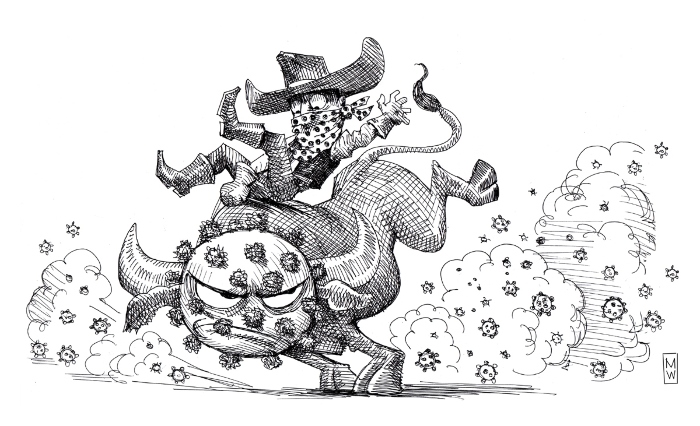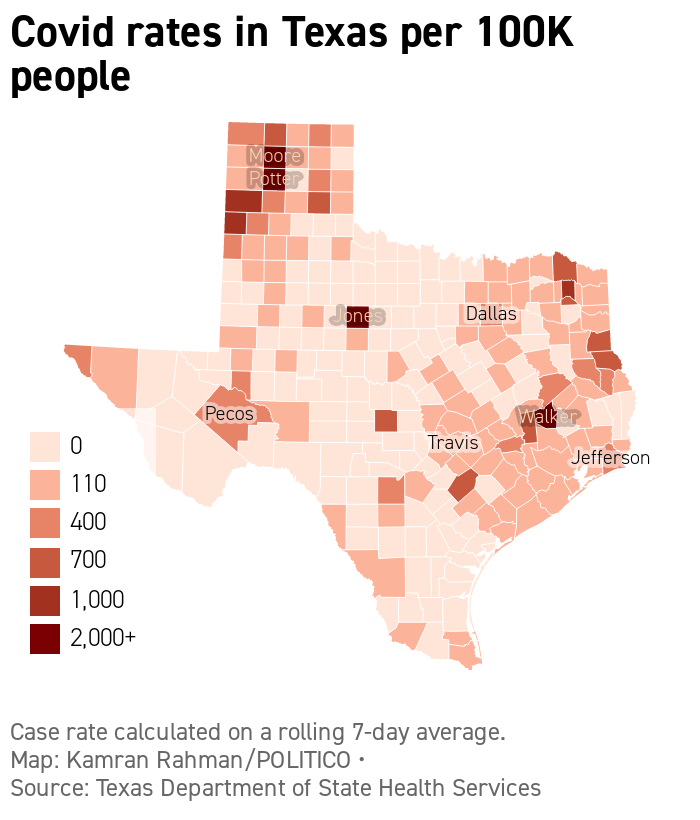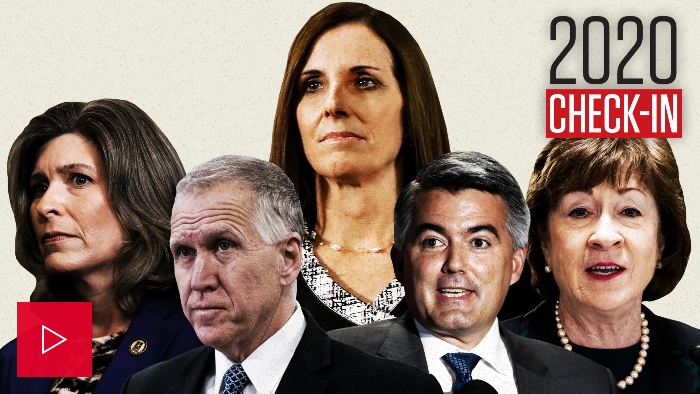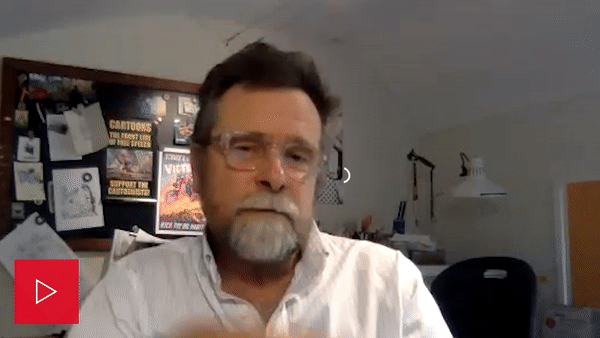
Presented by
| 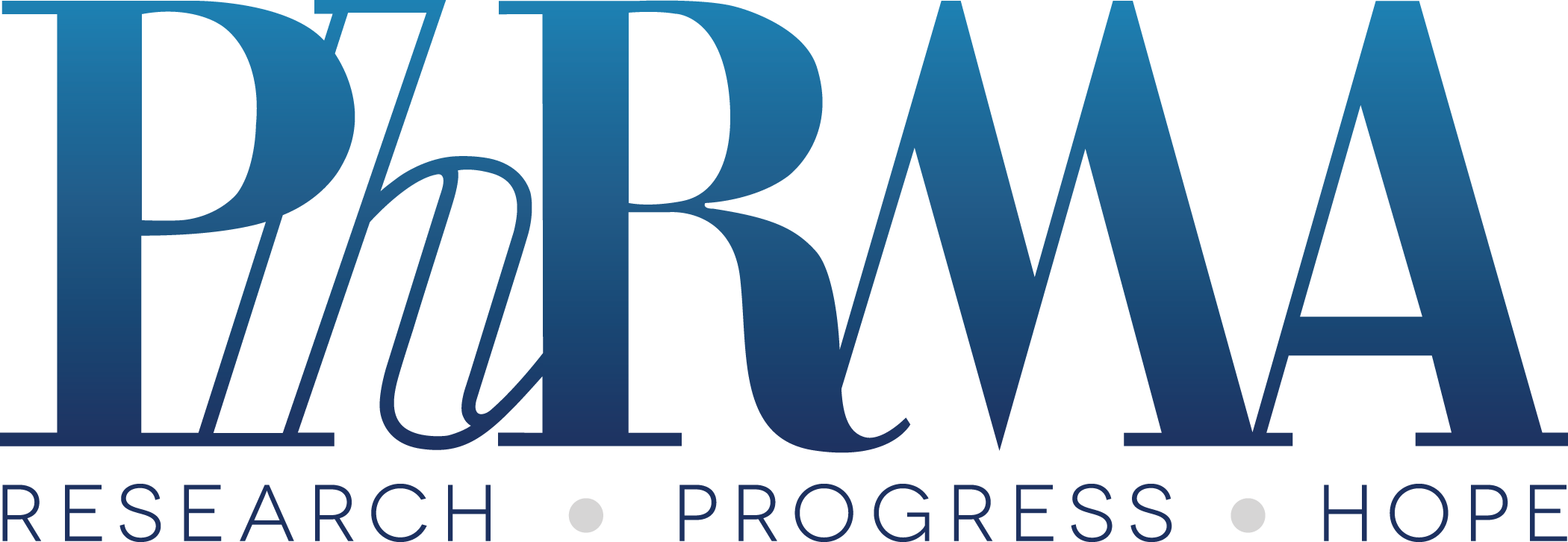 |
|
With help from Myah Ward
Matt Wuerker
YELLOW WOES OF TEXAS — There are a lot of reasons why coronavirus cases are spiking around the country. For some states, it’s because of an outbreak in a meatpacking plant or prison. Or because state leaders were slow to impose Covid restrictions and quick to lift them. Or because of more testing. Or because state residents don’t wear masks. Or because of a superspreader event like a funeral or choir practice. Or because an area has a high share of people with chronic conditions.
Texas has all of the above. Lone Star State residents love to talk about how the state could be its own country. And when it comes to Covid that could be true. Texas has nearly as many Covid cases as Canada (birthplace of Texas Sen.Ted Cruz) and more than China (the actual birthplace of Covid). It has more Covid deaths than Saudi Arabia, its oil-producing rival.
The rise of Covid in Texas explains a lot about the Covid trends we’re seeing around the country. The state’s biggest outbreak in May was at a meatpacking plant in the Texas panhandle. But now cases are rising again, after Republican Gov. Greg Abbott began lifting a statewide stay-at-home order last month as the number of deaths, a lagging indicator, hit new daily highs, according to data from the University of Texas Covid-19 Modeling Consortium.
For the past six weeks, more and more people have been leaving their homes to go to work, get haircuts, gather with friends and dine out, according to mobility data compiled by Texas 2036, a nonprofit that collects information on state issues like education and health.
Not the first rodeo — Multiple hotspots have emerged across the state, which spans two time zones and takes half a day to drive through. Some have been simmering for awhile, like El Paso, which is about a four-hour drive west of what people call West Texas, and Harris County, home to Houston, the fourth-biggest city in the country.
Others are just emerging. Abbott pointed to a batch of positive test results Tuesday from inmates at a federal prison in Beaumont in Jefferson County and from an assisted-living facility in Collin County, home to wealthy, Republican suburbs north of Dallas , as the reason for the state’s biggest one-day spike in case counts.
The rising cases were no reason for alarm, Abbott said, pointing to hospital capacity, stockpiles of protective equipment and the state’s low death rate. The Lone Star state has the sixth-most cases in the U.S., but ranks 15th in number of deaths, according to Johns Hopkins University.
The first rule of holes — It’s not just more testing that’s to blame for the increases. As social distancing restrictions ease, hospitalizations are rising, said Lauren Ancel Meyers, a UT data scientist. “You can have two cities in the same state with two different pandemic waves,” she said. “We’re seeing, consistently around the state, the beginning of really concerning trends.” Quickly rising cases could grow exponentially, she said, and soon overwhelm multiple parts of the state. Both in the Dazed and Confused and Friday Night Lights parts of the state.
It would be a lot cooler if you did — In a sign that local leaders from around the state are concerned, a group of Republican and Democratic mayors sent Abbott a letter Tuesday asking him to allow them to impose mask requirements stronger than the state order. He OKed a plan today from Bexar County, which includes San Antonio, to fine businesses if they don’t require face masks. And he implored young state residents Monday to ditch their bravado and wear masks, noting that cases are growing among people who are under the age of 30.
There’s a saying that’s popular among transplanted Texans aiming to burnish their Lone Star bonafides, but it’s also true for the virus that first showed up in the state March 4: Coronavirus wasn’t born in Texas, but it got here as fast as it could.
A message from PhRMA:
America’s biopharmaceutical companies are sharing their knowledge and resources more than ever before to speed up the development of new medicines to fight COVID-19. They’re working with doctors and hospitals on
over 1,100 clinical trials. Because science is how we get back to normal.
More.
TESTING’S BIG TEST —
The U.S is now conducting more than 3 million coronavirus tests a week, a big improvement over the shortages that worsened the pandemic this spring. But the country risks another dangerous testing deficit this fall when schools and businesses try to reopen, health care reporters David Lim and Alice Ollstein write. Safely reopening schools and businesses could require up to 30 million tests per week, rather than the current 3 million, experts say. And if surging coronaviruses cases collide with flu season, the demand could be even higher.
Coronavirus testing czar Brett Giroir — who is set to return to his regular duties at the federal health department later this month, with no replacement lined up — has repeatedly said that the U.S. has enough testing capacity. He predicts that the country will be able to test at least 40 million to 50 million people per month by September. But it’s not enough to meet the likely demand, given that the virus is still spreading in much of the country, according to a number of public health experts. These experts aren’t just worried about the number of tests that labs can process. They are concerned about the logistical challenges of testing so many people, and the lag in setting up adequate contact tracing to track who may have been exposed.
TOMORROW - A POLITICO LIVE CONVERSATION WITH MICROSOFT PRESIDENT BRAD SMITH: The Covid-19 crisis and the nationwide outrage since the killing of George Floyd created a watershed moment for the tech industry. From using data to track, trace and curb the spread of the virus, to working remotely and using telehealth —
technology is more prevalent than ever. Join POLITICO technology reporter Cristiano Lima for a conversation with Microsoft President Brad Smith to discuss the tech sector’s role in pandemic relief and recovery, whether the relationship between Silicon Valley and Washington has changed, and how the industry is grappling with the recent mass protests for racial justice.
REGISTER HERE.
SCHOOLS’ SUMMER SCRAMBLE — School superintendents and principals are staring at an impossible equation, education reporter
Nicole Gaudiano and health care reporter
Dan Goldberg write. Governors are promising to put kids back in classrooms in a matter of weeks, but
it’s mostly school officials stuck navigating the messy details of how to keep students and teachers safe and win over skeptical parents, while dealing with a budget crisis that is forcing layoffs and other cuts. In California, six major school districts warned state lawmakers that proposed budget cuts could delay the fall semester. And in New Jersey, superintendents are trashing the state’s “inappropriate” guidance for in-person summer programs. The head of the Massachusetts Teachers Association said the governor’s plan to require children to bring their own masks will punish low-income students and communities of color. “Right now, principals are flying blind with only very high, top-level guidance on what the reopening of school is going to look like,” said Bob Farrace, of the National Association of Secondary School Principals.
Troubles in tracing — Pennsylvania is one of two states attempting to track the share of LGBTQ residents with Covid. (Rhode Island is the other, according to the National LGBT Cancer Network.) Six weeks in, the effort is hitting some stumbling blocks. Community health nurses are calling people who have tested positive for Covid for virus tracking and contact tracing. But people are hesitant to answer questions about their gender identity and sexual orientation, said Sarah Boateng, executive deputy secretary at the Pennsylvania Department of Health. So far only about one in five people have volunteered to answer the questions.
She said many people can feel uncomfortable sharing information with state workers especially if they’ve never had to answer personal questions. She said that the department is working with the governor’s LGBTQ commission to better train health workers in asking the questions: “We have some work to do to embed these questions so they don’t come across to the individuals as unexpected.”
And Boateng said that the state is trying to add the questions on gender identity and sexual orientation to a separate electronic monitoring system that lets contact tracers communicate with potentially infected individuals. But to do so a majority of cities and states that also use the tool would have to also have to agree to change and that has yet to happen.
Economic sugar rush — The economy’s shown some positive signs recently, with a spike in retail and lower-than-expected unemployment. But that good news may be buoyed by the government’s massive coronavirus relief measures — some of which are set to expire soon. Financial services reporter
Victoria Guida breaks down why Congress might need to take more sweeping action to keep the economy afloat in the
latest POLITICO Dispatch.
Nightly asks you: Show us what the Summer of Covid looks like in your area. Snap a photo and send it in an email to
nightly@politico.com. We’ll select a few to use in Friday’s newsletter.
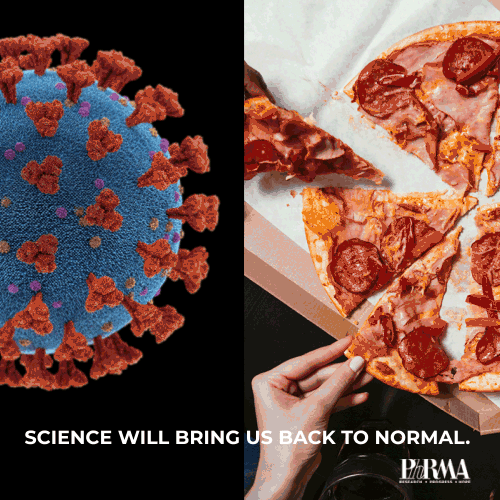

BOLTON’S BOMBSHELL — President Donald Trump asked Chinese President Xi Jinping for domestic political help to boost his re-election prospects during the two leaders’ trade war last summer, according to the account of former national security adviser John Bolton in his forthcoming memoir, breaking news reporter Caitlin Oprysko writes. According to an excerpt of the memoir, published in the Wall Street Journal on Wednesday, Bolton alleges that Trump made the plea during a summit with Xi on the sidelines of the G-20 in Japan, a month after negotiations for a trade deal had stalled. Xi, according to Bolton, complained to the president of unnamed American politicians who Xi said were wrong to call for a new cold war with China, a slight Trump took to be directed toward Democrats who he agreed were too hostile toward Beijing.
“Trump then, stunningly, turned the conversation to the coming U.S. presidential election, alluding to China’s economic capability and pleading with Xi to ensure he’d win,” Bolton wrote. The president “stressed the importance of farmers and increased Chinese purchases of soybeans and wheat in the electoral outcome.”
SENATE GOP’S SUMMERTIME SADNESS —
It seems there’s almost no good election news for Senate Republicans. Democrats have the nominees they want, many are out-fundraising their Republican challengers and Trump’s approval rating is falling across the country. Video reporter Eugene Daniels talked with Senate campaigns reporter James Arkin about the Senate landscape and the toss-up states to watch.
Are we living in a perfect environment for conspiracy theories?
“This pandemic is ripe ground for conspiracy theories, precisely because a lot of the psychological elements that give rise to conspiracy theories are heightened: powerlessness and anxiety and uncertainty. Those things aren’t gone, and now we’ve added this extra source of anxiety for some people, where things are starting to open up, but people don’t know if they should be going downtown, or when their businesses will reopen or if they’ll even make it. Anxiety and all these different psychological states that have to do with anxiety are important predictors of conspiracy beliefs. And in the middle of a pandemic, all we have is anxiety. It stems from uncertainty: What’s actually happening? When is this gonna be over? When will we have a vaccine? How are things going to work when states start opening? There’s lots of uncertainty, and it makes people anxious and helpless. So, we’re sandwiching pandemic anxieties with these additional anxieties that aren’t inherently partisan, but that can be pulled into the partisan political fray.” —
Adam Enders, a professor at University of Louisville who studies conspiracy theories and how they affect politics, as told to Zack Stanton for a POLITICO Magazine interview
JOIN NEXT WEDNESDAY 1 p.m. EDT - THE SPEED OF SCIENCE POST-COVID-19: What does the future of science in a post-Covid-19 world look like? What lessons can we learn to accelerate medical research outside of the coronavirus? How can newly developed drugs and vaccines be distributed equitably? What can we do to minimize misinformation from flawed or inaccurate scientific studies published during a public health emergency? Join Patrick Steel, CEO of POLITICO, and Alexander Hardy, CEO of Genentech, for this critical and timely discussion.
REGISTER HERE.
PACKING A PUNCH — Matt Wuerker talks with graphic designer Emory Douglas, whose art symbolized the Black Panther movement for years, and came to further illustrate the experiences of black Americans, in the
latest edition of Punchlines. His work inspired the poster for Spike Lee’s latest film,
Da 5 Bloods.
O NO CANADA — Imagine spending your entire 13 years at school, beginning in kindergarten, campaigning to join the student council when you’re a high school senior. That’s the U.N. Security Council election in a nutshell, Ryan Heath writes. The campaigns last up to 15 years, there are fewer than 200 voters, and it’s all for a temporary seat on a body that has no budget and mostly doesn’t function.
Nevertheless, Canada managed to lose its second U.N. Security Council election in a row today — meaning it will likely go 30 years without a seat at the U.N. top table. It seems that no amount of free Celine Dion concert tickets were able to protect Prime Minister Justin Trudeau’s internationalist image. Canada was beaten by much smaller Norway and Ireland in the first round of voting. India and Mexico were also elected to seats in their regional brackets.
Turning to Turtle Bay for justice — Philonise Floyd, George Floyd’s brother, addressed a special meeting of the United Nations Human Rights Council today, telling the assembled diplomats he needed them to help get justice for “my brother tortured and murdered on camera,” Ryan writes.
The special session was held after 54 African countries called for a discussion on systematic racism and police brutality in the U.S. Dozens of speakers lashed out at the U.S. — the world’s most powerful country and the biggest financial contributor to the United Nations — in highly unusual diplomatic scenes. At times the discussion turned into a platform for America’s foes, including Iran, which described Floyd’s killing as a “public execution,” while several others drew parallels with the current U.S. situation and apartheid. Other speakers made efforts to admit their own racism at home — ”none of our countries is immune” said Karin Bolin, Sweden’s representative.
The U.S. had no opportunity to respond. The Trump administration withdrew from the U.N. body in 2018, complaining it is anti-Israel and gives a platform to the world’s worst human rights violators.
72 percent
The proportion of voters who say things in the country are now on the wrong track in the POLITICO/Morning Consult poll, the highest “wrong track” number the poll has recorded during the Trump presidency.
|
POLITICS COMES TO THE PITCH —
The world’s most lucrative soccer league doesn’t like political protests — except when it does. The English Premier League resumed behind closed doors today, basking in the
reflected glory of Manchester United forward Marcus Rashford’s campaign on free school meals, which
forced the U.K. government to reverse policy and extend a program providing food vouchers for poor families through the summer. The league also said players can have the words Black Lives Matter instead of their name on the backs of their shirt.
Critics accuse the league of hypocrisy, as English soccer has been frequently hostile to political messaging. When Manchester City manager Pep Guardiola wore a yellow ribbon in solidarity with the independence movement in his native Catalonia in 2018, he was fined. Yet Rashford’s campaign was met with acclaim from the league’s top official.
A message from PhRMA:
America’s biopharmaceutical companies are sharing their knowledge and resources more than ever before to speed up the development of new medicines
to fight COVID-19. They’re working with doctors and hospitals on
over 1,100 clinical trials.
And there’s no slowing down. America’s biopharmaceutical companies will continue working day and night until they beat coronavirus. Because science is how we get back to normal.
See how biopharmaceutical companies are working together to get people what they need during this pandemic.





